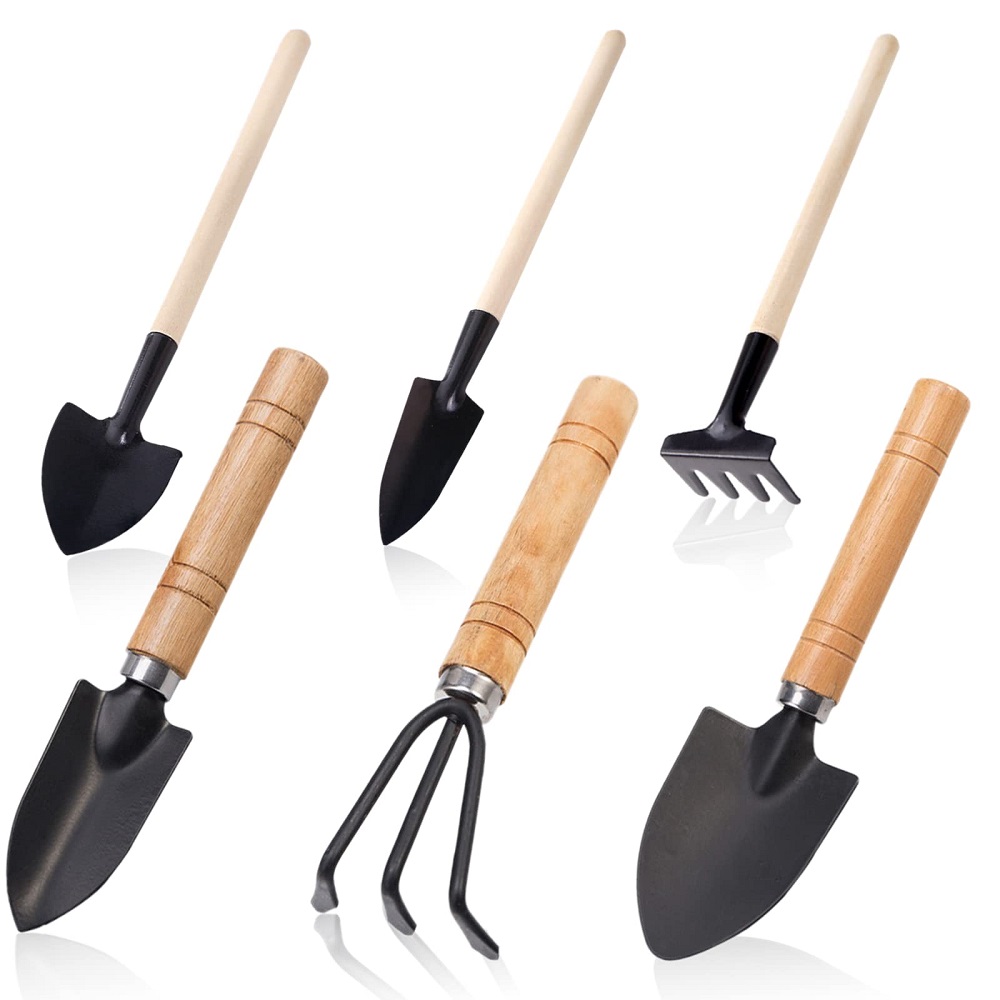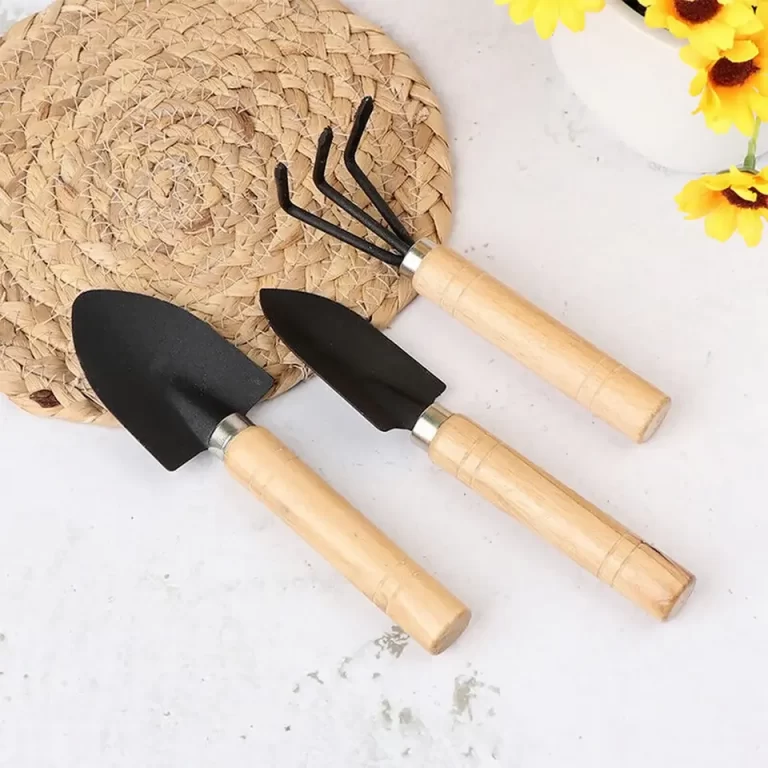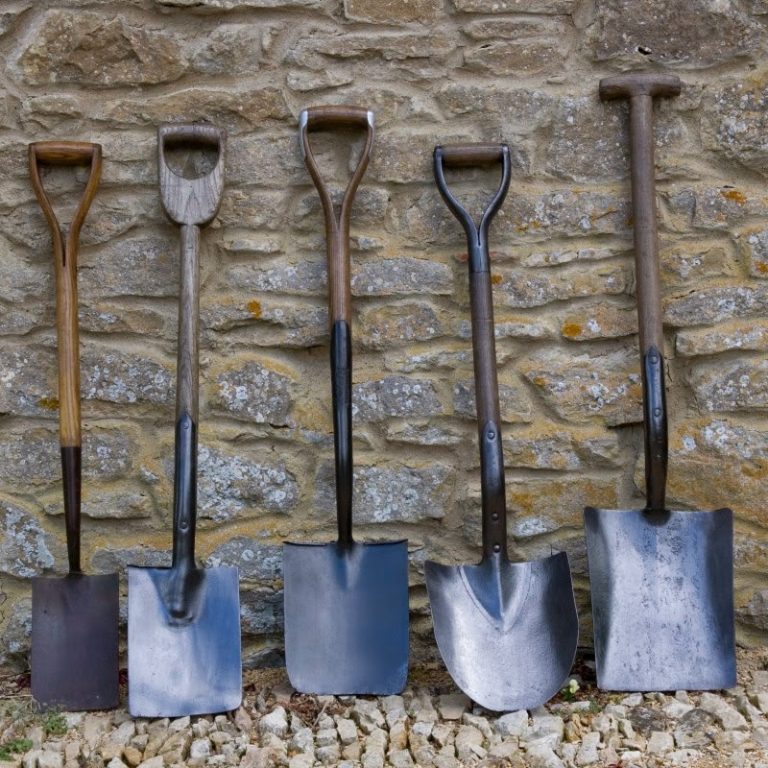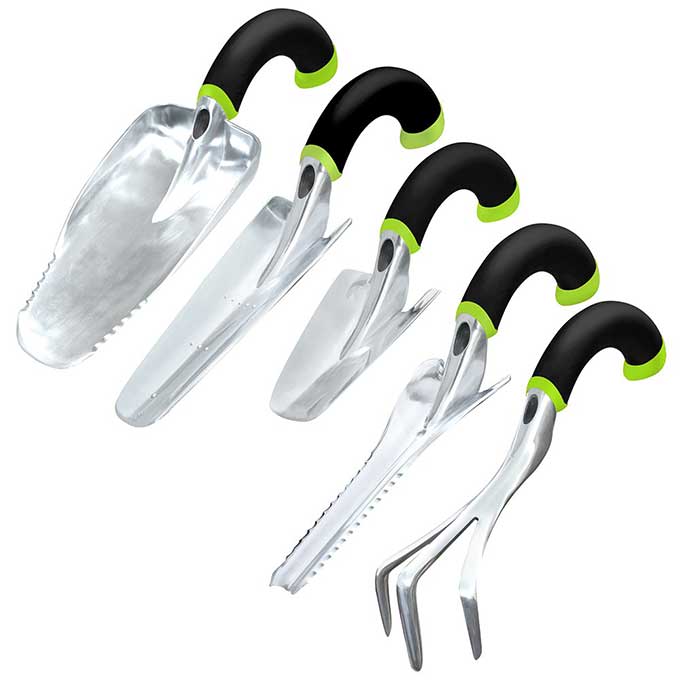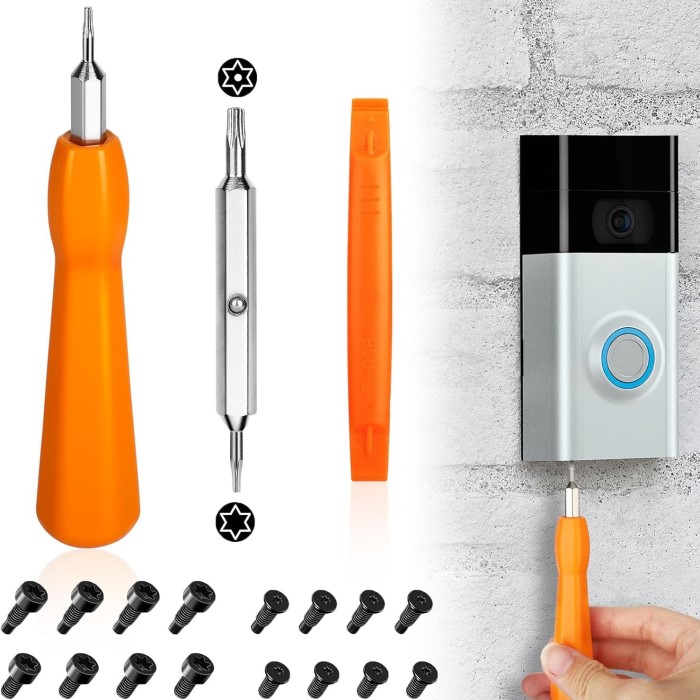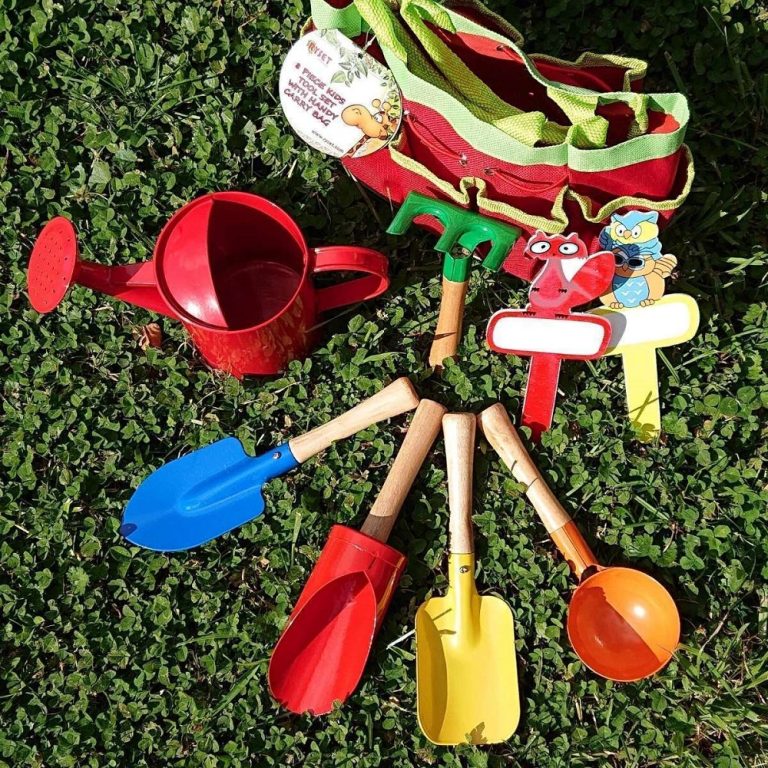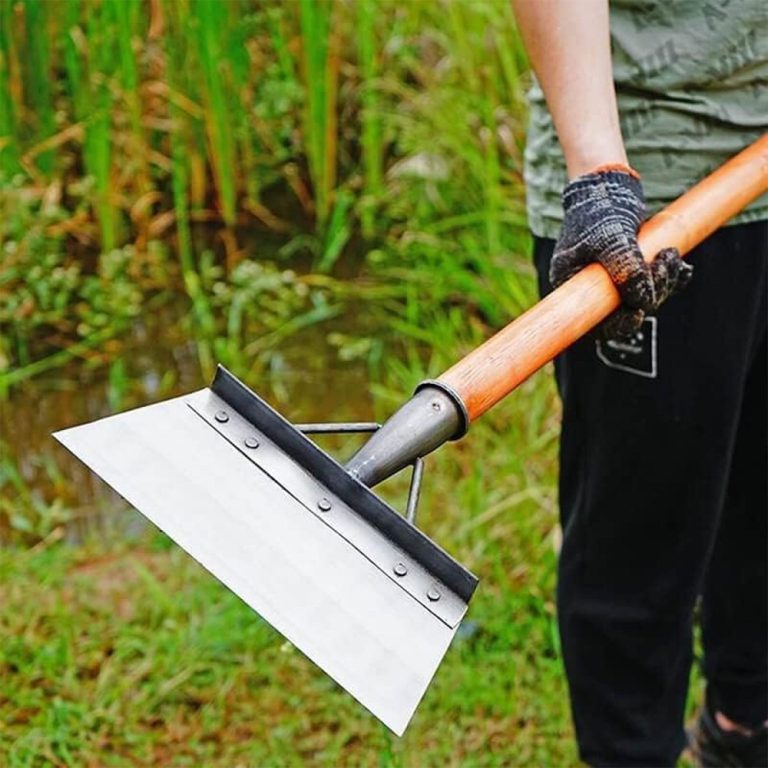Gardening is a rewarding and fulfilling hobby that connects individuals with nature. Whether you are a seasoned gardener or just starting, having the right tools and equipment is crucial for success. The right tools not only make gardening tasks easier but also enhance the overall experience. This article will explore essential garden tools and equipment, outlining their purposes so that every gardener can cultivate a thriving green space.
Understanding the Basics of Gardening Tools
The Importance of Quality Tools
Quality garden tools and equipment are an investment that pays off in the long run. When you use good tools, chores become more manageable and enjoyable. Quality tools are often designed with ergonomics in mind, making them comfortable to use over extended periods.
Using subpar tools can lead to frustration and even physical strain. For example, a poorly constructed shovel or pruner may cause discomfort or require excessive effort to achieve results. Investing in high-quality tools can make gardening less of a chore and more of a joy.
The Different Types of Tools
Gardening tools can be broadly categorized into various types based on their functionality. Hand tools are smaller, lightweight implements designed for precision, such as trowels and weeders. Power tools, on the other hand, include larger equipment that can speed up tasks, such as tillers and lawnmowers. Understanding the different types of tools available can help you choose the right ones to suit your specific gardening needs.
More specialized tools also exist for specific tasks, like pruning saws for tree care, hoes for weeding, and rakes for creating seedbeds. Each tool has a designated purpose that can greatly enhance efficiency and effectiveness in the garden. Knowing which tools to use and when contributes to successful gardening.
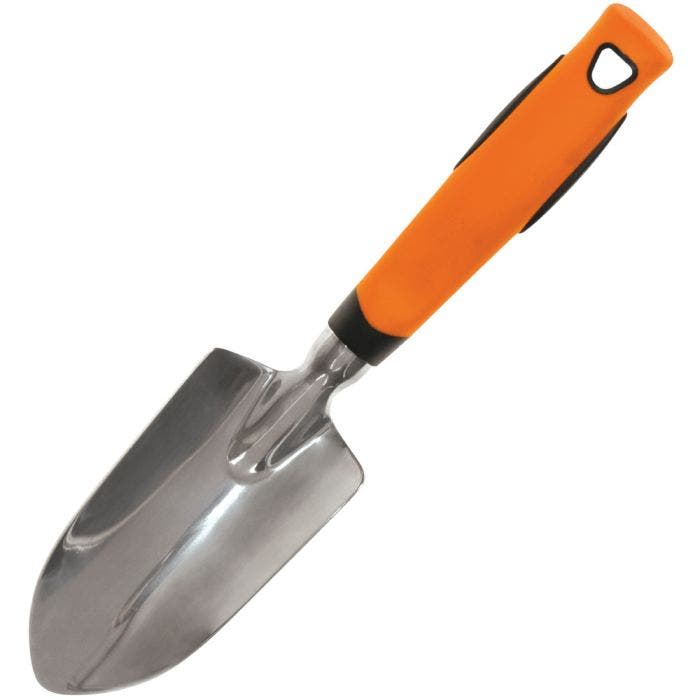
Essential Hand Tools
Trowel
A trowel is an essential hand tool for any gardener. This small, handheld tool is perfect for digging, planting, and transferring soil. Trowels typically have a pointed, scoop-shaped blade that allows gardeners to maneuver soil easily. When planting flowers or vegetables, a trowel becomes invaluable for creating holes of the right size.
Look for trowels made from durable materials like stainless steel. Stainless steel blades resist rust and make for easier cleaning. Ergonomic designs with comfortable handles make using a trowel easier, allowing you to work for longer periods without discomfort. A good trowel is a must-have for both small and large planting tasks.
Pruning Shears
Pruning shears, also known as secateurs, are critical for maintaining plant health. These tools allow you to trim and shape plants, remove dead or damaged branches, and promote new growth. The sharp blades of pruning shears make clean cuts that help prevent tearing and damage to plants.
When selecting pruning shears, consider both bypass and anvil types. Bypass shears work like scissors, offering clean cuts for live plants, while anvil shears are better for cutting through dead wood. Choosing a pair that fit comfortably in your hand will make trimming easier, enhancing performance and efficiency in the garden.
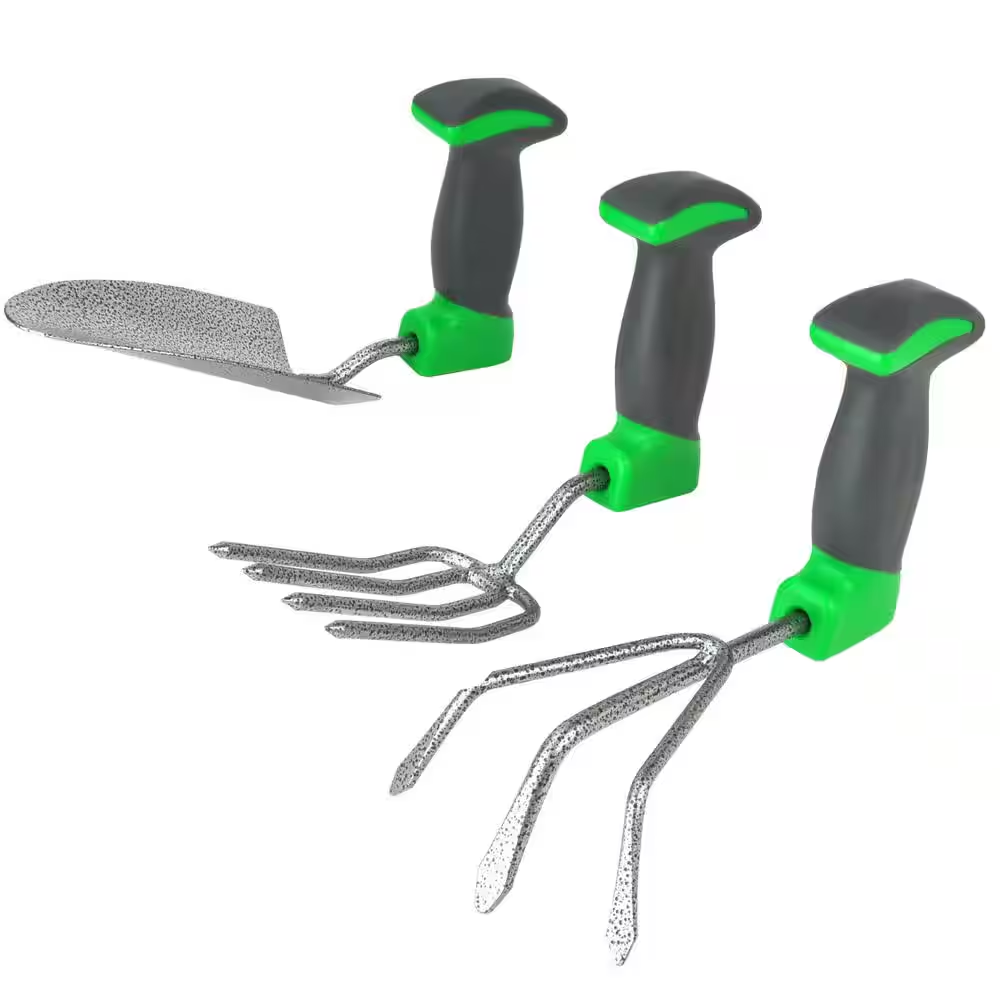
Hand Rake
A hand rake is another essential tool, perfect for light raking tasks in small areas. Unlike larger garden rakes, hand rakes are designed for gardens, flower beds, and tight spaces. They help level soil, break up clumps, or remove debris around plants without disturbing their roots.
When selecting a hand rake, look for one with sturdy tines that can withstand soil pressure. A comfortable handle ensures that the tool is easy to use for extended periods. Hand rakes are versatile garden tools and equipment that can play a role in various gardening tasks.
Essential Power Tools
Lawn Mower
For maintaining a tidy garden, a lawn mower is a must-have power tool. Whether you have a small patch of grass or a large lawn, investing in a good lawn mower will ensure your yard remains neat and presentable. Lawn mowers come in various types, including push mowers, self-propelled mowers, and riding mowers.
When choosing a lawn mower, consider the size of your yard and the engine type. Gas mowers are powerful but can require more maintenance. Electric mowers, including battery-operated ones, are quieter and more environmentally friendly. Ensuring you have a reliable lawn mower makes managing your outdoor space much easier.
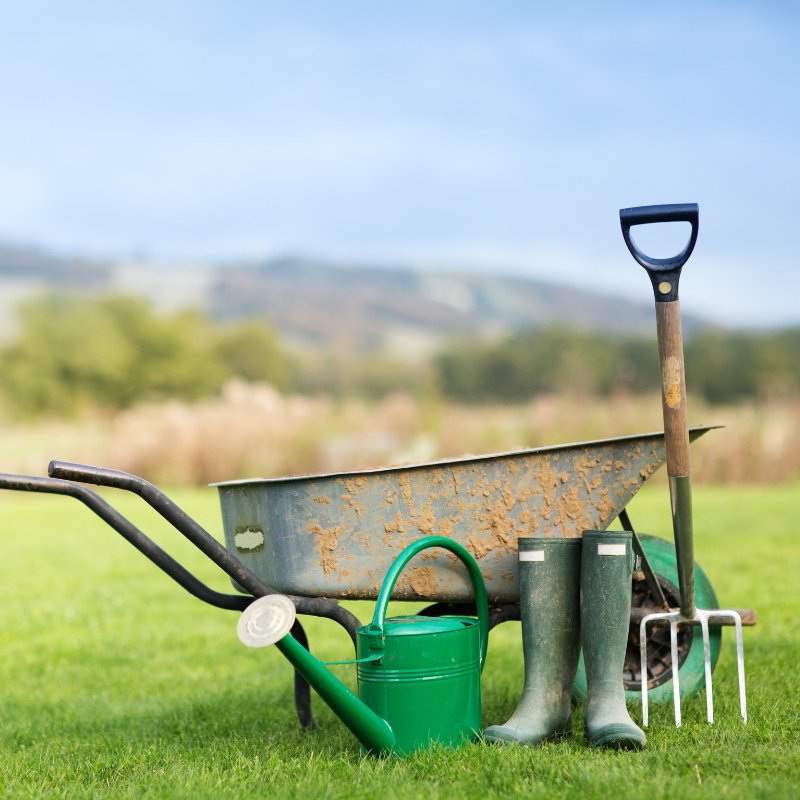
Garden Tiller
For larger gardens, a garden tiller can be invaluable. This tool helps prepare the soil by breaking it up and mixing in organic matter. Tilling the soil improves aeration and drainage, promoting healthier plant growth. Garden tillers come in both manual and powered versions, allowing you to choose one that suits your garden size and the amount of work needed.
When selecting a tiller, consider the engine size and types of tines. A tiller with adjustable depth settings can provide versatility based on your gardening tasks. Using a tiller can save you significant time and effort while preparing your garden beds.
Leaf Blower
Keeping your garden tidy can be a challenge, especially during autumn when leaves fall. A leaf blower can simplify this task, providing a quick solution for clearing leaves and debris. These power garden tools and equipment come in various styles, including handheld and backpack models, allowing you to select one that fits your preferences.
When choosing a leaf blower, consider factors such as weight and power source. Battery-operated models offer convenience without cords, while gas-powered versions provide more power for larger areas. A reliable leaf blower can significantly cut down on yard cleanup time, leaving you with more time to enjoy your garden.
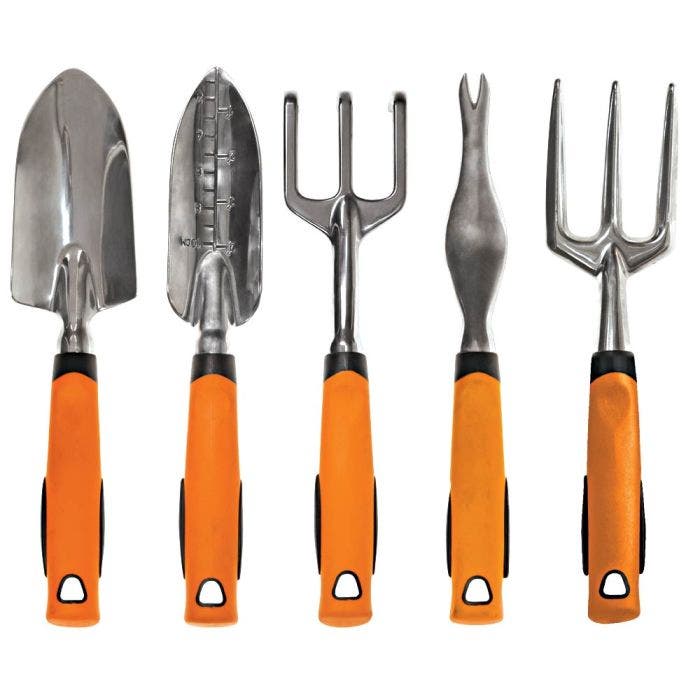
Tools for Specialty Gardening
Soil Test Kit
Understanding your soil’s quality is vital for successful gardening. A soil test kit allows you to analyze your soil’s pH, nutrient levels, and overall health. This information can guide you in optimizing conditions for your plants. Many kits provide clear instructions and materials for collecting samples, enabling you to assess your soil easily.
Regular testing helps identify nutrient deficiencies or imbalances, allowing for targeted amendments. Knowing what your soil needs can lead to healthier plants and higher yields. Investing in a soil test kit is an important step for any serious gardener.
Plant Markers
Plant markers are helpful tools in keeping your garden organized. These markers allow you to label plants, herbs, and vegetables, making it easier to identify them as they grow. Having plant markers can be particularly useful in mixed gardens, as some plants may look similar in their early stages.
You can choose from various types of markers, such as wooden stakes, metal tags, or biodegradable options. Personalized markers can also add a decorative touch to your garden. By labeling plants, you not only add a sense of order but also simplify the care and maintenance process.
Watering Can
A good watering can is essential for maintaining healthy plants. While a hose may be appropriate for larger areas, a watering can allows for precision when watering delicate seedlings or container plants. Consider selecting one with a detachable spout for easy pouring.
The size and design of the watering can should reflect your needs. A larger can holds more water, reducing the frequency of refills, while smaller options are easier to handle in tight spaces. Picking the right watering can ensures you can provide adequate care for your plants.
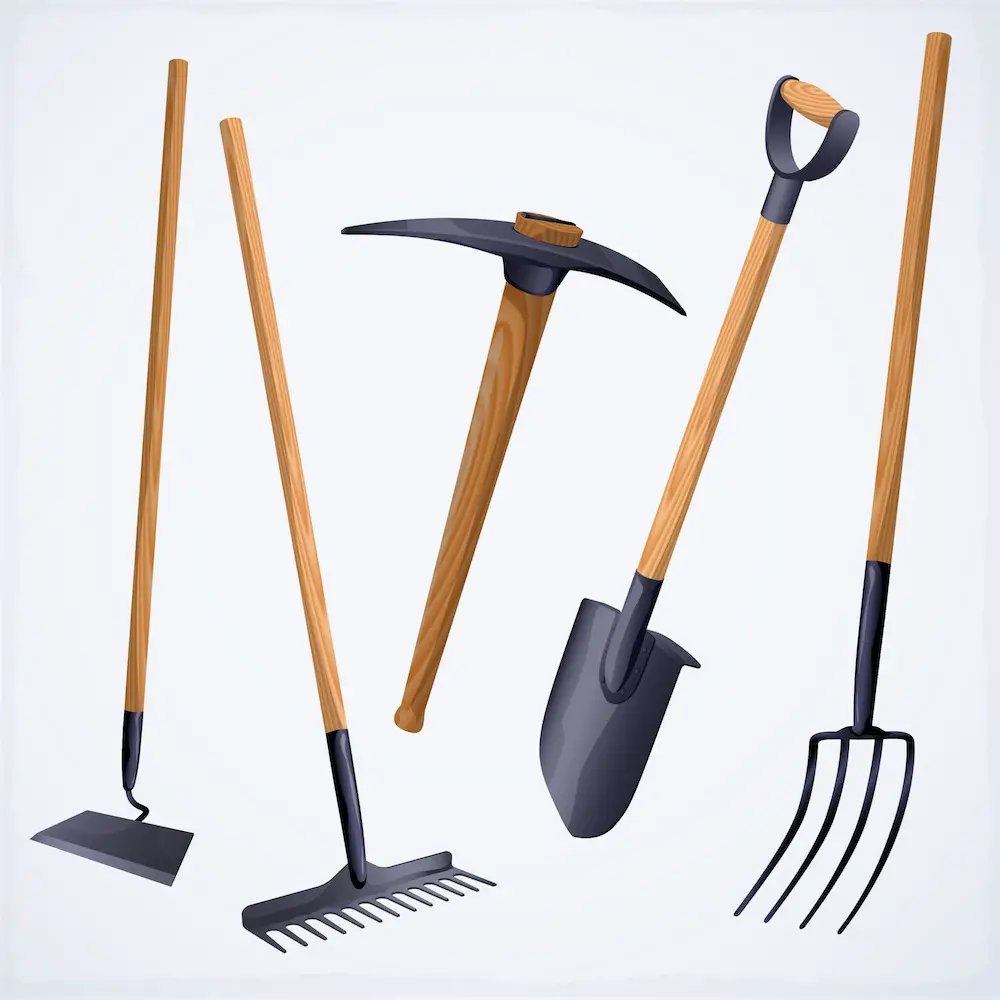
Embracing Gardening Techniques
Companion Planting Tools
Companion planting involves strategically placing plants together to enhance growth and deter pests. Having tools to help you research and plan these combinations can greatly benefit your gardening efforts. Books, apps, or planners focused on companion planting can provide guidance on which plants thrive together.
Using tools that assist in planning your garden layout can aid in maximizing space for optimal growth. Knowledge gained through these resources can lead to improved yields and healthier plants. Engaging in companion planting also fosters a deeper understanding of plant relationships.
Mulching Equipment
Mulching is an essential gardening technique used to retain moisture, suppress weeds, and enrich soil. Investing in mulch is a smart way to protect your plants, especially during hot summers. You can choose from products like straw, wood chips, or organic matter for mulching.
Having the right equipment can make mulching more efficient. Wheelbarrows can help transport mulch easily, while garden rakes can spread it evenly across planting areas. Effective mulching enhances soil health while reducing maintenance efforts in your garden.
Building a Gardening Community
Finding Local Gardening Groups
Joining local gardening groups can significantly enhance your gardening experience. These groups provide support, knowledge sharing, and a sense of community among gardeners. You can connect with like-minded individuals who are passionate about gardening, leading to friendships and collaboration.
Many communities have summer or fall garden clubs where members gather to share tips, exchange plants, and participate in workshops. Engaging with local gardening experts can introduce you to new ideas and techniques. Being a part of this community enriches your gardening journey and keeps you motivated.
Participating in Gardening Workshops
Consider attending gardening workshops to deepen your knowledge and skills. Many community centers, botanical gardens, and local nurseries offer workshops focused on various gardening topics. These educational events can cover everything from planting techniques to pest control.
Participating in workshops not only enhances your gardening abilities but also introduces you to new tools and resources. This hands-on experience can help solidify your understanding of different gardening practices, ultimately making you a more effective gardener.
Hosting a Gardening Event
If you feel confident in your abilities and knowledge, consider hosting your own gardening event. Invite friends or local gardening enthusiasts to share tips, skills, and ideas. This can be a great way to foster community while expanding everyone’s gardening knowledge.
Events can include seed swaps, potluck lunches, or backyard garden tours. Creating an inviting atmosphere encourages collaboration and idea sharing, strengthening connections within the gardening community. Sharing your passion for gardening with others can inspire collaboration and further develop your gardening skills.
Conclusion
Investing in quality garden tools and equipment is essential for every gardener, whether you are a beginner or an experienced horticulturist. The right garden tools and equipment enhance your gardening experience, making tasks easier and more enjoyable. Understanding the various tools available, from basic hand tools to specialized items, allows you to cultivate a thriving garden.
Incorporating gardening activities into your routine creates a deeper connection to nature and provides numerous benefits for your physical and mental well-being. Participating in local gardening communities and workshops fosters overall growth and learning, enhancing your gardening journey.
With the right mindset and dedication, you can create a vibrant garden that reflects your style and preferences. Embrace the joys of gardening, and enjoy the bountiful rewards that come with cultivating a beautiful outdoor space. Investing in quality tools and embracing gardening techniques are steps toward becoming a proud and successful gardener. Happy gardening!
